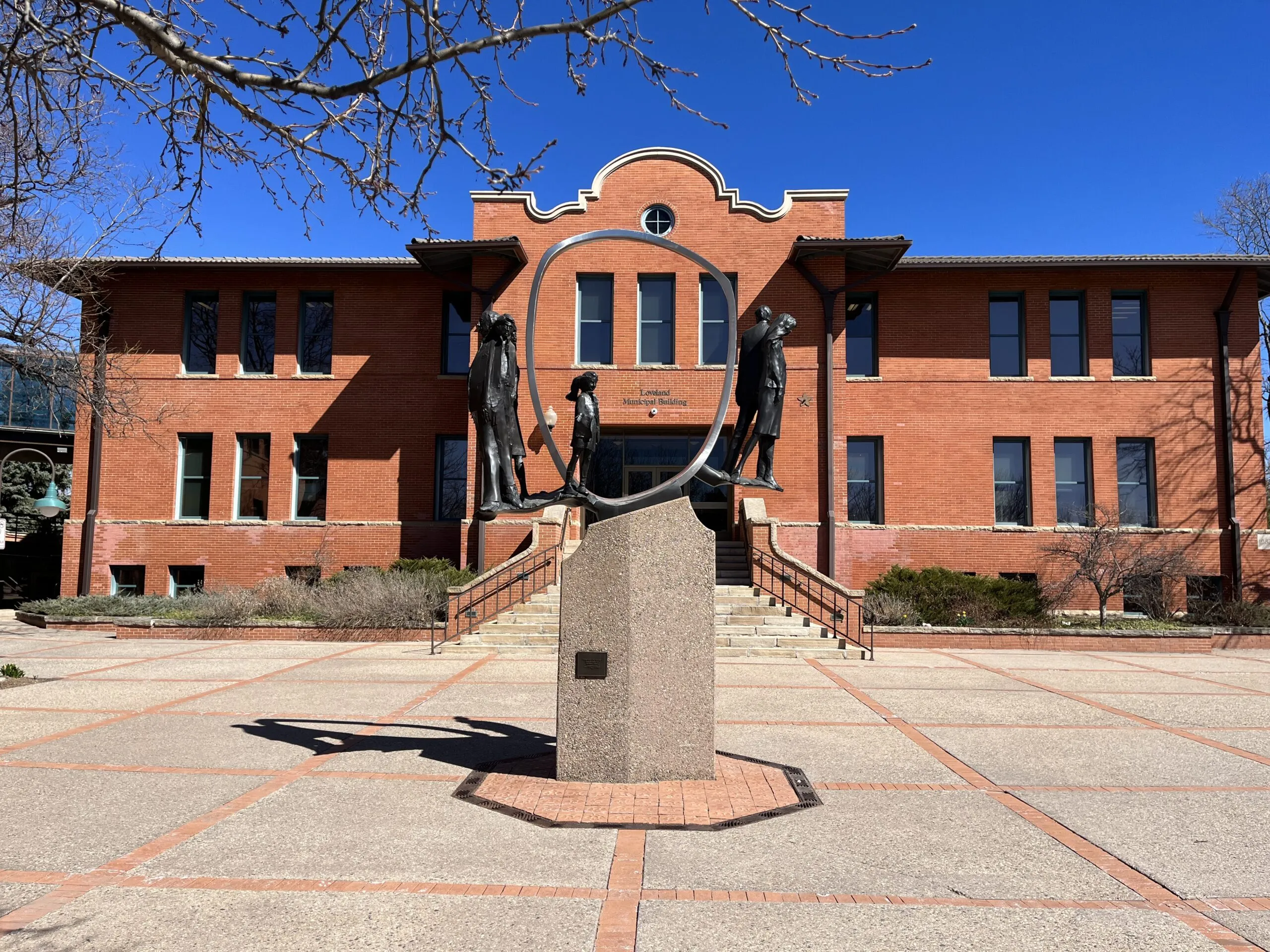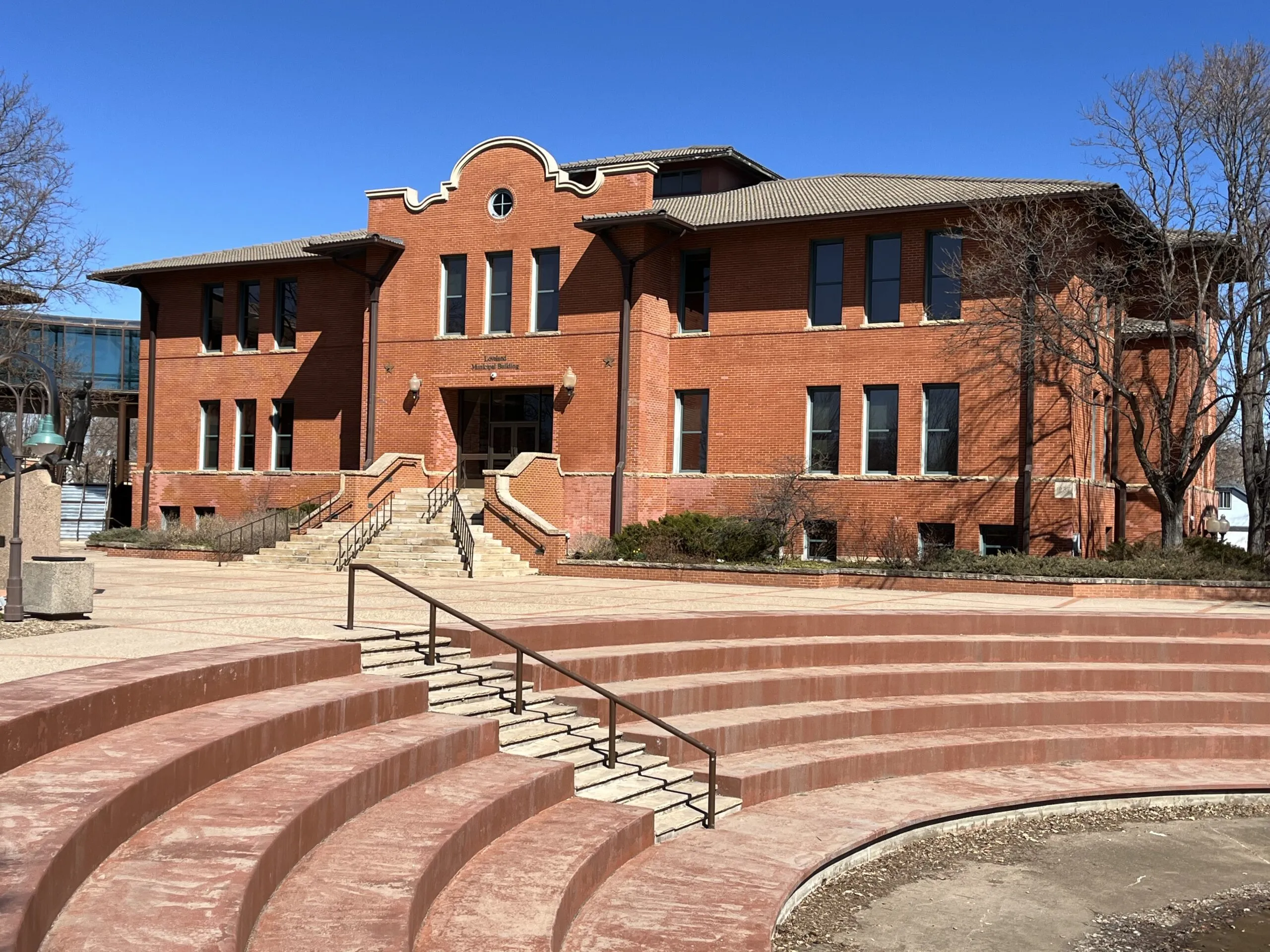Rap of gavel ends Loveland discussion of food-tax elimination budget cuts

LOVELAND — A sharp rap of the gavel ended discussion of a contingency budget for the city of Loveland should voters approve initiative 300 on the ballot this fall.
Initiative 300, brought to the ballot by the signatures of numerous residents, would eliminate the sales tax on food purchased for home consumption.
That 3% tax generates about $10.5 million, according to city staff projections based upon a comparison of city sales tax collections and Larimer County sales-tax collections in Loveland. Larimer does not charge a tax on groceries.
Residents who support the elimination of the tax, which they say penalizes lower-income individuals, contest…
THIS ARTICLE IS FOR SUBSCRIBERS ONLY
Continue reading for less than $3 per week!
Get a month of award-winning local business news, trends and insights
Access award-winning content today!





